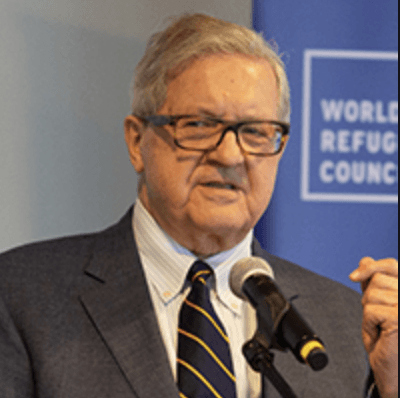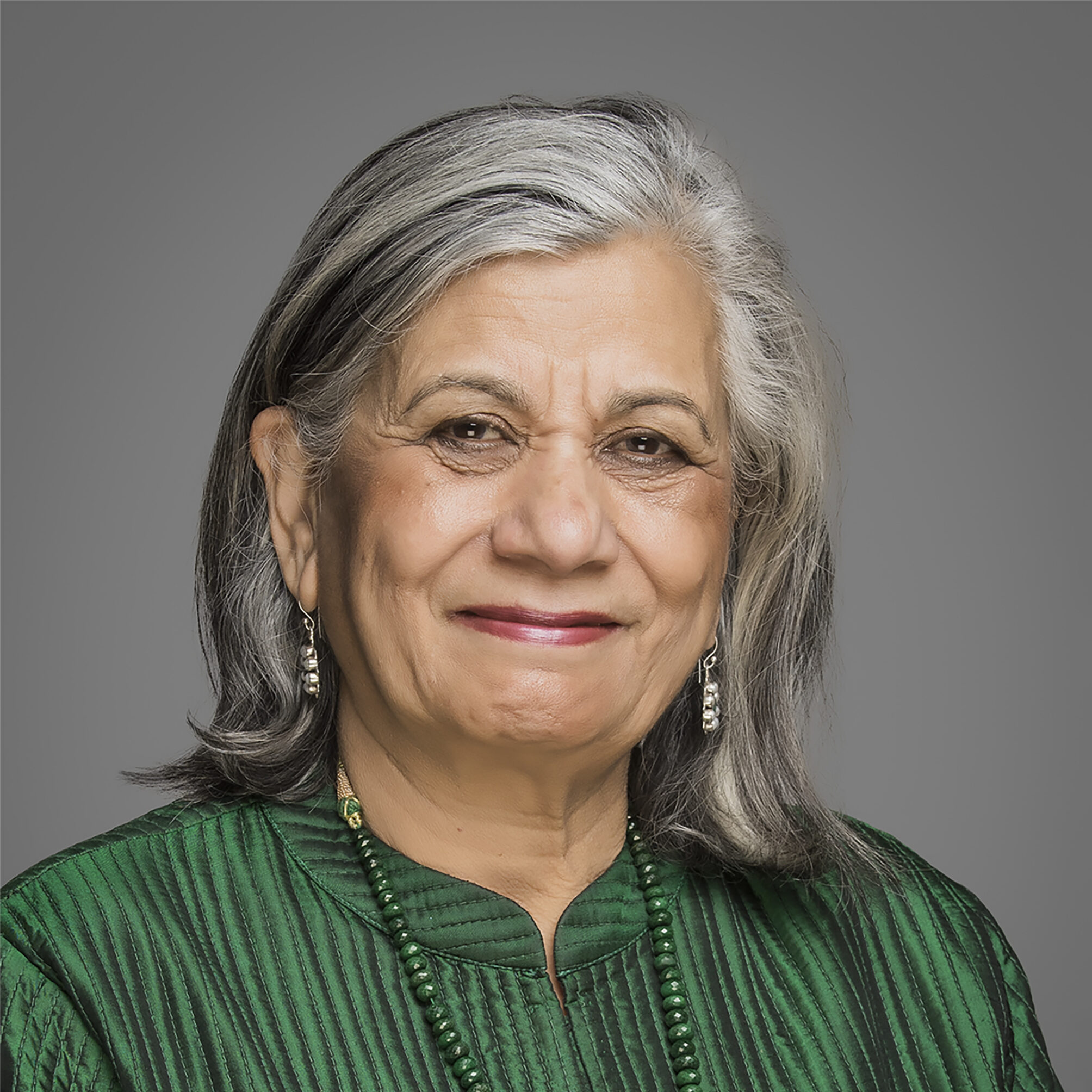In their thoughtful Policy Magazine essay titled The Case for a New and Improved MagnitskyLaw, Irwin Cotler and Brandon Silver suggest ways to strengthen the Justice for Corrupt Foreign Officials Act. Some of the steps that Cotler and Silver propose are welcome, including a Canada-led effort to achieve greater international coordination of Magnitsky sanctions.
We believe, however, that one of their proposals is ill-conceived, and would do more harm than good in our shared efforts to achieve accountability for human rights abusers and justice for their victims. We refer to their call for a process allowing individual victims of abusers, and their families, to claim a share of frozen assets that are confiscated and repurposed by court order.
To go back to the beginning, the idea of confiscating and repurposing frozen assets originated (as Cotler and Silver point out) with the World Refugee and Migration Council. The Council’s 2019 report, A Call to Action, drew upon the Swiss experience with a similar law, and argued that where corrupt foreign officials stash money in Canadian banks, the Canadian government should be able not only to freeze the money, but also apply to the court for an order permitting it to confiscate and use the purloined cash for the benefit of those forcibly displaced by the corrupt government.
“Where corrupt foreign officials stash money in Canadian banks, the Canadian government should be able not only to freeze the money, but also apply to the court for an order permitting it to confiscate and use the purloined cash for the benefit of those forcibly displaced by the corrupt government.”
The principle can be illustrated by a hypothetical involving the Venezuelan strongman Nicolás Maduro, whose cruel and corrupt regime has forced millions of Venezuelans to flee into Colombia and other regional states. The Council proposed that if, for example, Maduro and his cronies were to deposit in Canada money looted from the Venezuelan treasury, Canada’s Attorney General should be able to seek the court’s authority to confiscate those funds. (In such a case, the moneys could not simply be returned to the Venezuelan government for obvious reasons.) The court would then oversee their orderly disbursement in a way most likely to assist those displaced as a result of Maduro’s misrule, whether by funding the Colombian government to provide social services, by providing the money to UNHCR or an international NGO for direct assistance, or otherwise. Distribution of the proceeds would be carried out in a transparent manner, entirely under public oversight provided by the court.
The Council’s proposal envisaged a simple, straightforward process aimed at achieving both accountability for the wrongdoers and assistance for those in desperate and urgent need. While that process might evolve over time into a more sophisticated system, the Council’s proposal provides a workable, scalable point of departure.
WATCH: Holding Kleptocrats to Account panel discussion
As noted by Cotler and Silver, a private member’s bill, the Frozen Assets Repurposing Act, (or “FARA”) was introduced in the Senate last year to give effect to this recommendation, although FARA has since died on the order paper.
Cotler and Silver support the repurposing of frozen assets, but argue that legislation should be broadened to also permit claims against the confiscated funds by individual victims of, say, the Maduro regime, and the families of those victims.
We contend that such a change would significantly weaken the Council’s frozen assets proposal, and render its important purpose much more difficult to achieve:
- Instead of a streamlined judicial process with the forcibly displaced as the single class of beneficiaries, the Cotler/Silver formula would invite participation by an unlimited number of claimants, each with evidence and argument, creating a long and costly hearing;
- In order to determine the entitlement of the individual claimants, the court would face the daunting task of making findings of fact—perhaps on contested evidence– with respect to past events in distant places;
- The advantage sought by creating a summary proceeding for the benefit only of the forcibly displaced would be lost, and their urgent need for essential services would remain unmet;
- By focusing on the forcibly displaced, the choice of beneficiaries of repurposed assets will already have been made, with no need to develop a complex, controversial set of criteria, or to initiate the lengthy and vexed process for determining “winners and losers”;
- There are strong moral arguments for favouring a “population” approach here, rather than an “individual” one. And the population whose needs we seek to serve—the forcibly displaced—are especially vulnerable because they are stateless and entirely dependent on their host communities. What is more, they are predominantly women and girls—the very focus of Canada’s “feminist foreign policy”. They have, collectively, suffered the most egregious of human rights abuses. Should they not be the very first with a moral claim upon scarce resources?
For all these reasons, the Council has urged the federal government to resist the inevitable attempts, like those of Cotler and Silver, to pursue other objectives in the repurposing process. We have called upon the government to introduce legislation that, like FARA, will simply provide a rapid and effective means to assist the most vulnerable and easily identified “victims” of corrupt and inhumane foreign regimes.
We must surely beware that by trying to make the Magnitsky law do too much for too many all at once, it might end up doing nothing at all for those who most obviously need the most urgent help
This article was first published by Policy Magazine.
.


